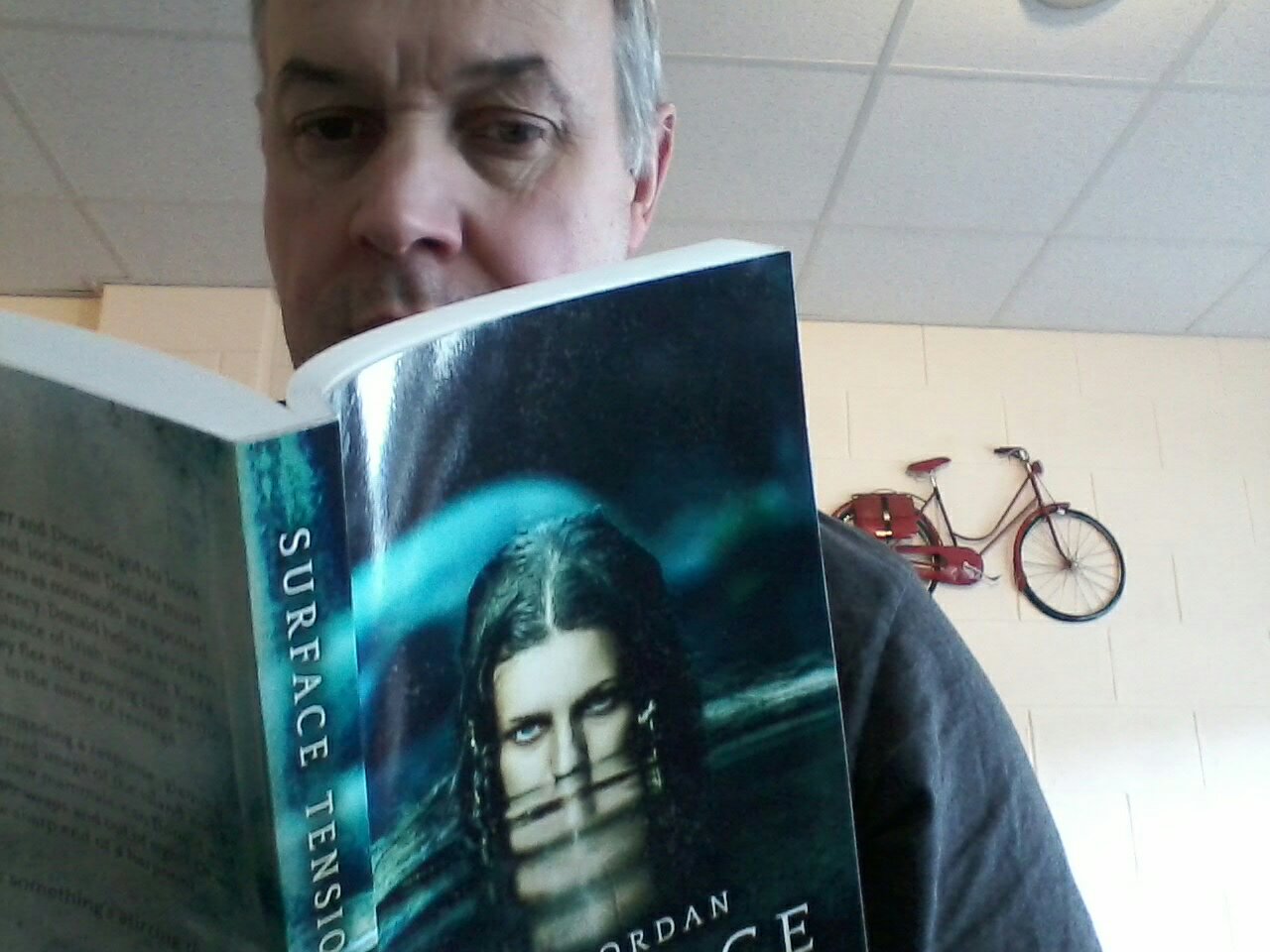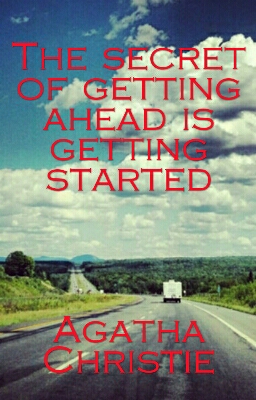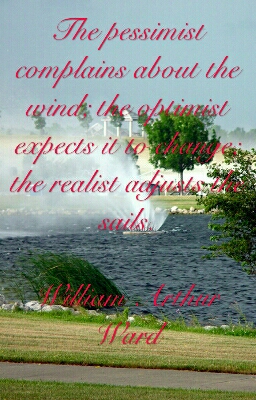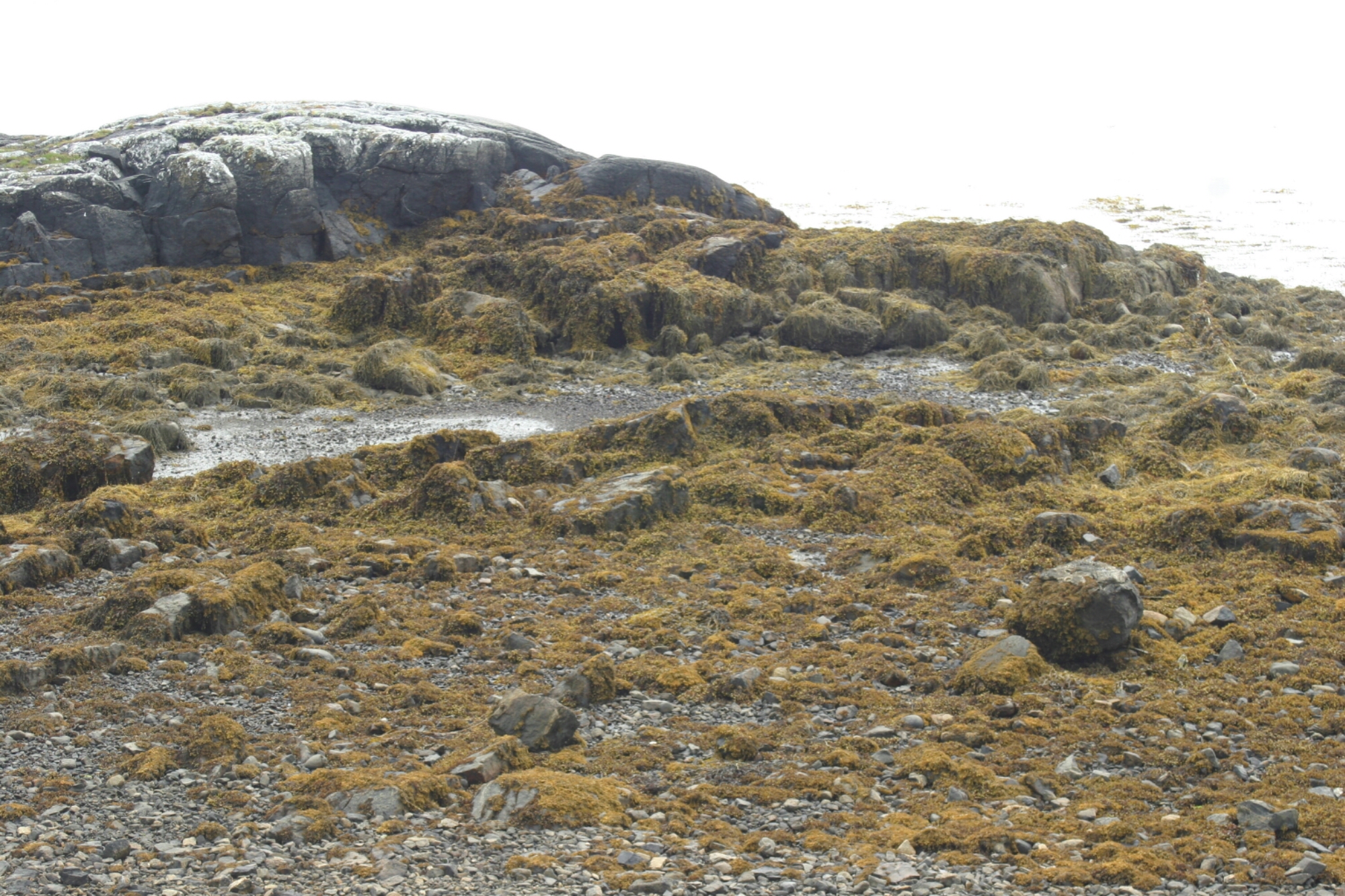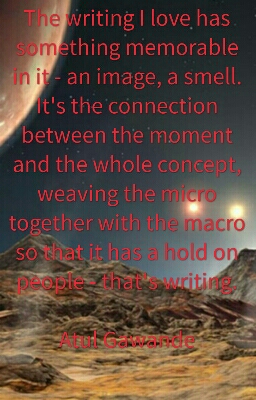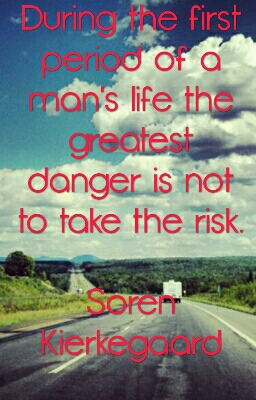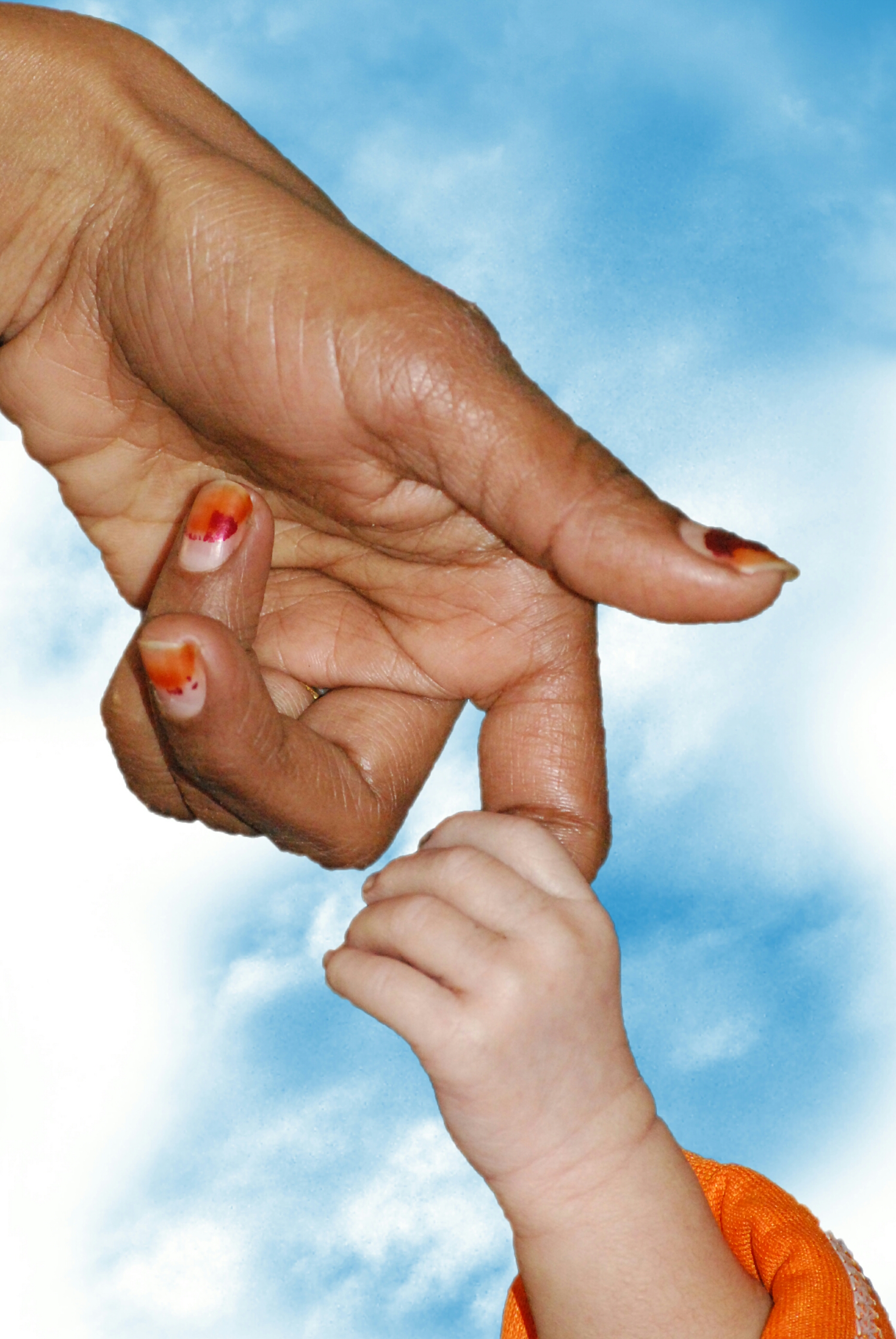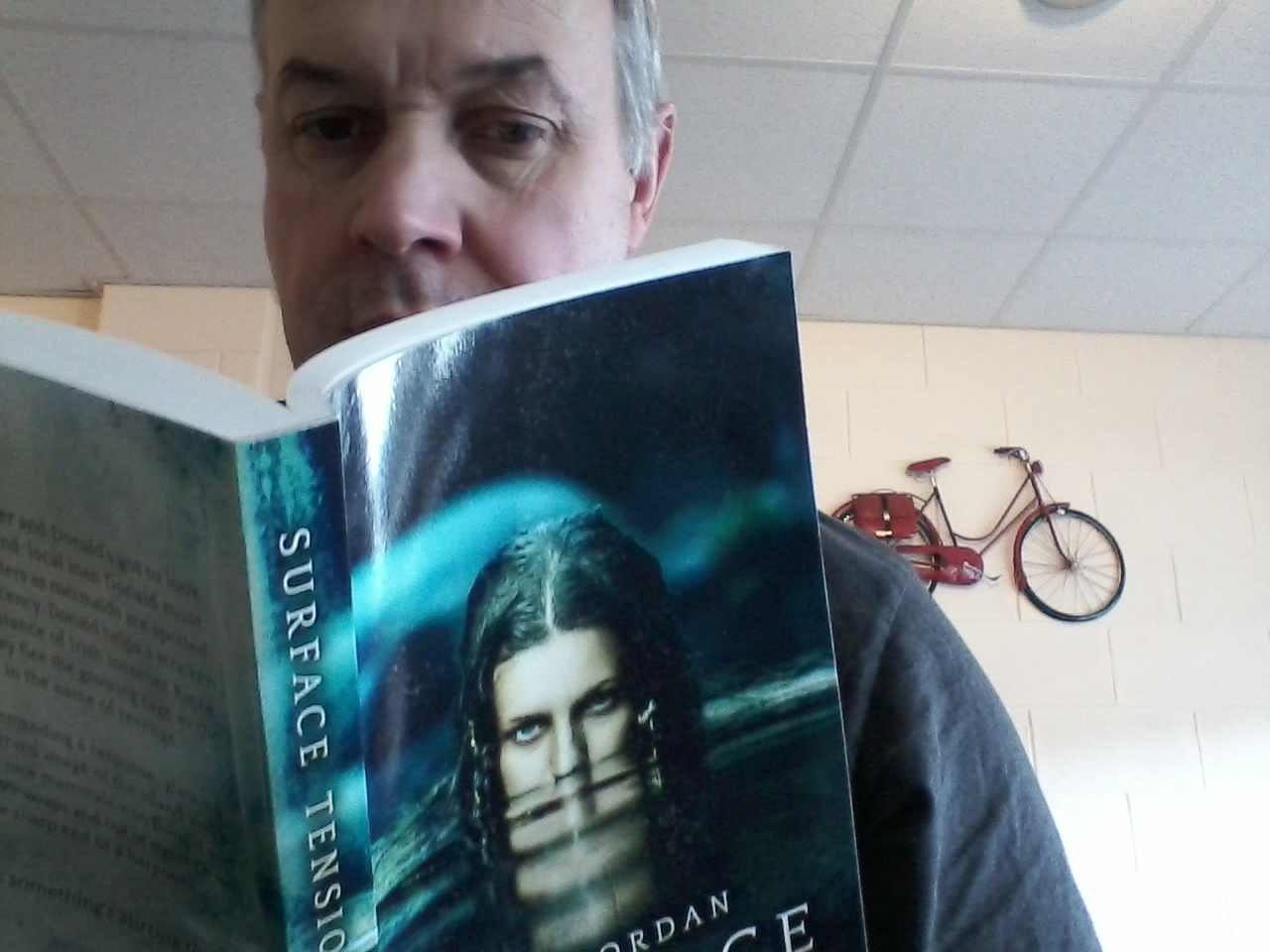
When you go hunting for a book, do you judge a book by its cover? And if so, in what way. I’m a self-publisher and so covers are important to me as they are the first line of attack in amongst a mass of books of reaching my audience. But I have a dilemma. Is the cover I like, the cover I want and which I think best suits my book, the cover that will draw the audience?
In short, no!
If there is a cover that is unusual, wacky or just downright weird, I’ll probably pick a book up and read the synopsis. The natural assumption in my mind is that everyone else will do the same. The trouble is that I always assume I am normal. Well in taste, though my wife happily points out quite often(too often!) that I am not normal in most things. The grapefruit yoghurt with mushrooms incident is a common example she quotes. Alas some people do not like adventure! (By the way my son keeps pointing at the cover above and saying “Mum-ma”. He has many people fooled.)
And so it would seem with books. Readers seem to want a book to have a cover that is similar to something they liked or know is already popular. Thrillers these days tend to have someone in shadow on the front, especially thrillers about gunmen or agents. Others go for the title in large lettering and some sort of fast motion behind it. And then there’s romance which has varying levels of couples in arms, fully dressed but big loving smiles for the gentle romance and naked but very carefully positioned bodies for the erotic tales.
I get what is going on but in honesty I feel very sad about it. Not that it will stop me following suit. To not do so as a newbie author would be story suicide. So expect my upcoming novels to reflect the genre. It’s all marketing these days alas.
I once bought a book by Clive James based on the cover called “Cultural Amnesia”. Simple but intriguing, I sought out what was inside. It remains to this day one of my favourite books. And yet I doubt I would have ever have read it if someone had simply said to me it was a collection of short essays about people of our time. I owe a debt to that artist.
And isn’t this a life lesson. Sometimes we need to go with the flow for good and solid reasons. But you know what, we don’t have to like it.
